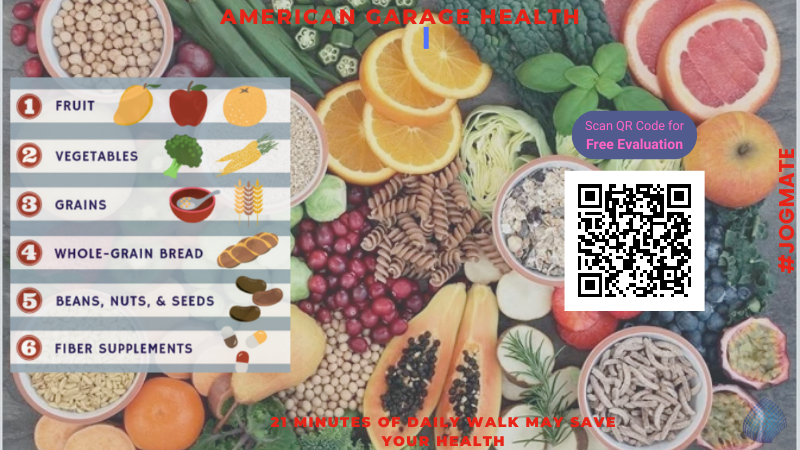It is possible to reverse diabetes by bringing increased glucose levels back into the normal range.

When the HbA1c (average blood sugar levels over the previous three months) falls to 6.5% without the use of medication, diabetes is deemed to have been reversed. Non-insulin-dependent diabetes mellitus (Type 2 diabetes) is reversible. However, insulin-dependent diabetes mellitus (Type 1 diabetes), LADA (latent autoimmune diabetes of adulthood), and pancreatic diabetes are irreversible.
With type 2 diabetes, the body either produces insufficient insulin, a hormone that transports glucose, or the cells do not react to the insulin. Lack of sufficient insulin causes glucose to build up in the bloodstream rather than enter cells, raising blood glucose levels.
Type 2 diabetes
Although type 2 diabetes is incurable, blood glucose levels can either return to normal (full remission) or to the pre-diabetic range in some people (partial remission). A disease’s symptoms will temporarily go better during a remission.
Those over 40, the overweight population, or those with a family history of the disease are more likely to develop type 2 diabetes. However, due to a sedentary and unhealthy lifestyle, Type 2 diabetes cases have grown in the young population during the past ten years.
By healthy lifestyle changes and weight loss, people with Type 2 diabetes can achieve remission.
The diagnosis is also important for diabetes reversal. Recent diabetes diagnoses have a higher likelihood of a healthy recovery.
Insulin resistance may rise with excess weight. Since cells respond better to generated insulin, blood sugar levels can be improved by losing 7–10% of body weight.
How to control type 2 diabetes
The diet should be changed to incorporate complex carbohydrates. It includes whole grains, lentils, brown rice, quinoa, and oats as well as a moderate reduction in daily caloric intake. To decrease inflammation, use healthy fats. One should use fish like salmon, herringbone, and tuna, nuts such as walnuts and almonds, and seeds like chia, pumpkin, and flax.
Enjoy a variety of seasonal, fresh fruits and vegetables because they are high in fibre and antioxidants. Limit your intake of saturated fats, and instead choose lean protein sources like eggs, chicken, fish, and soy. Use alcohol and processed sugar in packaged fruit drinks in moderation.
Reduce your intake of refined sugar, which can be found in packaged fruit juices, baked goods, and confectionary items.
Spend time exercising and avoid a sedentary lifestyle so that insulin can operate properly. Workout at least three to four times per week, or go for daily 45-minute walks.
For patients with a high BMI (body mass index), doctors advise bariatric surgery to control high blood sugar levels and prevent major health issues.